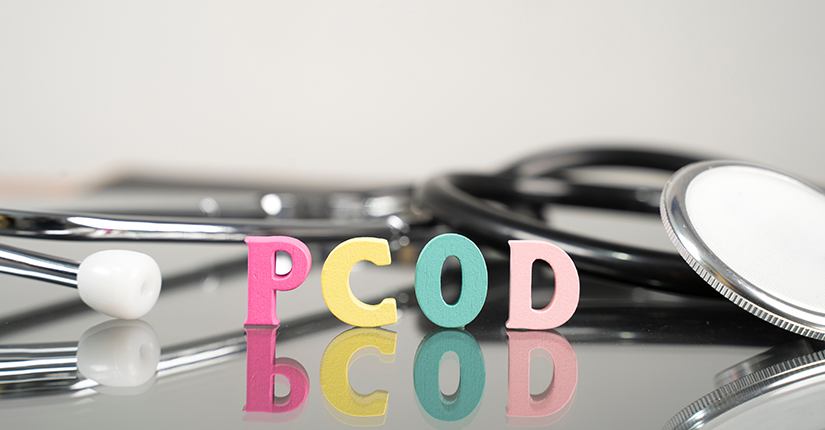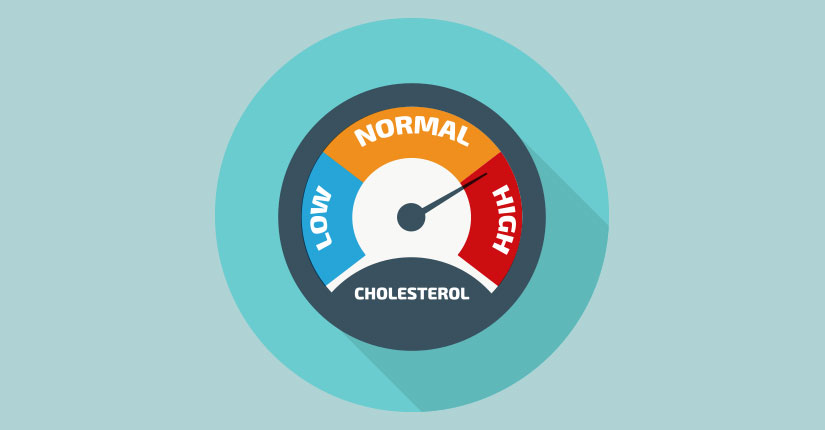Your Checklist to Manage Epilepsy
By Nmami Agarwal 17-Nov 2021 Reading Time: 5 Mins

Managing epilepsy (recurrent seizures) can be complicated because there are many things that need to be considered. A list of some health concerns while managing epilepsy includes having healthy habits, taking medicines on time, keeping in mind seizure safety guidelines, and avoiding medications that can worsen your seizures. That is quite a list!
Epilepsy can get in the way of life, mostly when seizures keep happening again and again. There are many ways on how to manage your epilepsy that will make you feel better and have a more active life. We have sorted a complete checklist for you to manage your epilepsy well with self-management strategies to better control your seizures and your overall health. Self-management is what you can do to take care of yourself properly.
You can easily manage your epilepsy if you:
- Know about your condition well: Learning how to reduce your risk for a seizure through lifestyle changes and learning your triggers can also help you to better manage your epilepsy.
- Take your seizure medicines as prescribed on time: Medicine is necessary to control seizures and treat epilepsy. Do not miss any of the dosage advised by your doctors as it can increase your seizure attacks and delayed recovery.
- Check with your doctor before taking other medicines or supplements: Always consult your doctor before starting any new medications. Epilepsy need not be taken lightly.
- Get at least 7-8 hours of sleep every day: A good night’s sleep plays a key role in the overall well-being and health of all people but it is even more vital in people with epilepsy. One reason is that poor quality of sleep can in turn increase the frequency of seizures.
- Practice ways to lower your stress: Avoid stress at all costs. It can aggravate your condition and result in more seizures. Indulge in fun activities, watch movies or keep yourself occupied in day-to-day activities.
- Seek help for emotional problems: Epilepsy can lead to emotional and social problems, particularly in children. They may start to act out, experience behaviour problems at school, or develop a learning disability. Any individual facing such a problem should take help from a doctor.
- Follow a well-balanced diet and keep a healthy weight: Ketogenic diets (high-fat & low-carbohydrate diets) are often recommended to treat epilepsy better by doctors. But do consult your doctors or nutritionist before starting one. Also, stay active by safely practicing light exercises.
- Keep a record of your seizures and seizure triggers to track patterns and learn how to avoid seizure triggers: By knowing your seizures patterns you can manage them well in advance through early signs and symptoms.
- Don’t consume tobacco, drink alcohol, or abuse other substances: These substances and some seizure drugs can have similar side effects. So, it is best to avoid them as it can lead to potentially dangerous problems.
- Keep other health conditions in check and get your timely check-ups.
Over to you:
A seizure can strike at any time; do your best to be prepared beforehand. If you have uncontrolled seizures, don’t drive to reduce your risk of being in an accident. Abide by the checklist we have prepared for you to manage your epilepsy well.





















